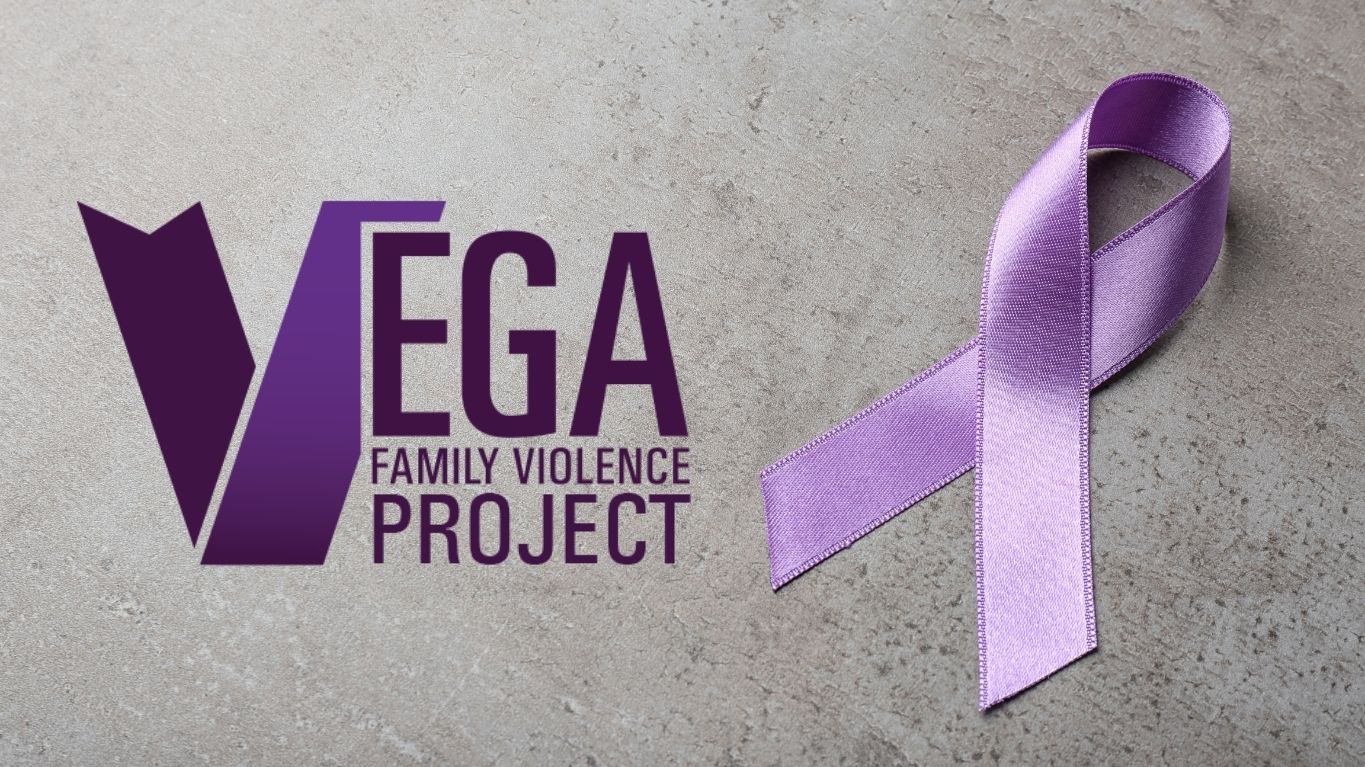Evidence-based resources to assist healthcare and social service providers in recognizing and responding safely to family violence
Intimate partner violence (IPV, or domestic violence) refers to behaviours by an intimate partner or ex-partner that can cause or causes physical, sexual or psychological harm (1). Regrettably, IPV is all too common in Canada, with 14% of Canadians aged 15 and over reporting emotional or financial abuse from an intimate partner sometime in the past (2).
One of the risk factors for IPV is addiction (3). Both Substance Use Disorders and Process Addictions (gambling, others) are risk factors for IPV—both for being a victim and/or a perpetrator. For this reason, all clinicians in Addiction Medicine should be skilled in identifying risk factors and assessing for IPV.
A recent Report from the Domestic Violence Death Review Committee of the Office of the Chief Coroner of Ontario (4) described a case in which the perpetrator murdered his common-law partner, after years of IPV. The Committee noted that the perpetrator had a history of Alcohol Use Disorder, Severe, had attended a bedded treatment program, had received health care due to the adverse effects of alcohol, and was attending addiction counseling. The Committee identified a number of risk factors for IPV, and was concerned that the perpetrator had never been assessed for IPV.
The case reminds us of the need to consider risk factors for IPV and to be comfortable exploring if a patient may be a victim or perpetrator of IPV. This can be a difficult assessment, both in inquiring about possible violence within an intimate relationship, and in determining what action to take if IPV is identified. CSAM-SMCA encourages all clinicians in Addiction Medicine to consider if training or education in the assessment of IPV would enhance their clinical skills. We are pleased to recommend the VEGA Project Family Violence Education Resources, which offer excellent on-line training, and encourage you to check out their website. Additionally, we are planning to offer a workshop by the VEGA Project Lead and a colleague at the CSAM-SMCA conference in November.
The Violence, Evidence, Guidance, Action (VEGA) Project at McMaster University has created evidence-based guidance and education resources to assist healthcare and social service providers (including students) in recognizing and responding safely to family violence (child maltreatment and IPV). VEGA developed these resources with funding from the Public Health Agency of Canada (2015-2020) in collaboration with 22 national organizations. The resources are comprised of learning modules (e.g., care pathways, scripts, how-to videos), interactive educational scenarios and a Handbook.
Registration is freely available at VEGA Project. If you have any questions and/or comments about VEGA’s resources, please contact the VEGA Project Lead, Dr. Harriet MacMillan, McMaster University at .
I registered and worked through some of the VEGA Project learning modules. I found them very well done, educational and thought-provoking. I hope you will consider completing the modules too.
Jenn Brasch, President, CSAM-SMCA
References:
- Stewart DE, MacMillan H, Kimber M. Recognizing and responding to intimate partner violence: An update. Can J Psychiatry. 2021; 66(1): 74-109.
- Canadian Centre for Justice Statistics. Family violence in Canada: a statistical profile. 2014.
- Krug EG, Mercy Ja, Dahlberg LL, et al. The world report on violence and health. 2002.
- Office of the Chief Coroner. File number not disclosed for privacy. Received by CSAM August 30, 2021.
The Canadian Society of Addiction Medicine is a national society of medical professionals and scientists committed to helping Canadians understand, accept, and recover from substance use disorders.


